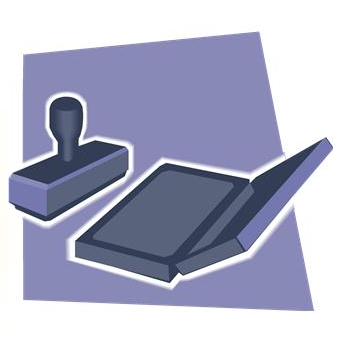eDiscovery Daily Blog
Recommind Challenges CAL Patent: eDiscovery Trends
How do you like them apples? After they were the subject of much scrutiny five years ago regarding their attempt to trademark “predictive coding” (only to eventually abandon it), Recommind (now OpenText after they were acquired) is now challenging the trademark of “continuous active learning” and its acronym, “CAL”.
The Notice of Opposition was filed back in July. According to ACEDS, Maura Grossman and Gordon Cormack trademarked the terms “Continuous Active Learning” and CAL in 2015, claiming those terms’ first commercial use on April 11, 2013 and January 15, 2014.
In an ACEDS interview earlier in the year, Grossman asserted that “The primary purpose of our patents is defensive; that is, if we don’t patent our work, someone else will, and that could inhibit us from being able to use it. Similarly, if we don’t protect the marks ‘Continuous Active Learning’ and ‘CAL’ from being diluted or misused, they may go the same route as technology-assisted review and TAR.”
In 2011, USPTO signaled that Recommind’s “predictive coding” mark was “too broad” and they instead chose to focus on their patent for technology assisted review (at the time, I compared their unpopular efforts to LeBron James and the Miami Heat and wondered if he would ever win a championship – now, he has three). Now, five years later, the shoe is on the other foot and Recommind contends in its current challenge that the trademark claims for CAL and continuous active learning should not be granted because they are generic or because they are so highly descriptive that they are incapable of acquiring distinctiveness as trademarks.
At publication time, Recommind was granted an extension by the USPTO due to settlement negotiations. The current case discovery conference deadline is January 27, 2017, right before Legal Tech New York. Something to talk about at this year’s show!
So, what do you think? Will the CAL trademark stand? Will LeBron James win four championships? Please share any comments you might have or if you’d like to know more about a particular topic.
Disclaimer: The views represented herein are exclusively the views of the author, and do not necessarily represent the views held by CloudNine. eDiscovery Daily is made available by CloudNine solely for educational purposes to provide general information about general eDiscovery principles and not to provide specific legal advice applicable to any particular circumstance. eDiscovery Daily should not be used as a substitute for competent legal advice from a lawyer you have retained and who has agreed to represent you.

